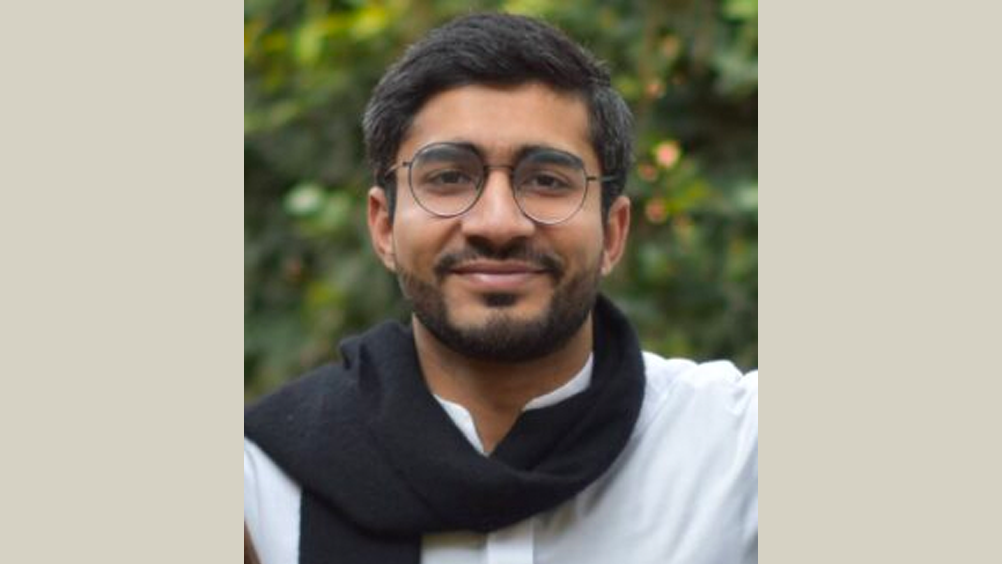GU-Q Grad Turns School Project at QF into National Teleschool Curriculum in Pakistan

A digital education program that began as a student project at Georgetown University in Qatar (GU-Q), a QF partner university, is now part of a nationally broadcast TV channel in Pakistan launched by Prime Minister Imran Khan this month to support students impacted by pandemic school closures. Available nationwide, the new channel, called Teleschool, will be broadcast daily to provide online education for grades one through twelve.
For Teleschool’s primary education level programming, the Pakistan government turned to Orenda, an educational organization co-founded by 2015 GU-Q graduate Haroon Yasin while he was a senior. Through Orenda, the GU-Q students developed a cartoon-based digital app called Taleemabad, Urdu for “Education City,” that offers a fun learning opportunity for children in Pakistan who are underperforming or unable to attend school.
With the move to television, says Haroon, Taleemabad will now also be a full-fledged animated series. “The new TV format will still see the original five characters that so many children have come to love in our app, taking students on a learning journey to teach lessons in phonics, math, and science.” The telelearning initiative is slated for a 3 month run, with the potential to extend the programming beyond that.
While the power of the internet has unleashed countless educational resources, explains Haroon, Taleemabad is uniquely tailored to the region’s needs. “The series is mapped out to the Pakistan education curriculum. But more than that, young learners can see themselves in the identities of the characters who look, dress, and speak like them too.”
Before joining the new teleschool channel, the Taleemabad app recently saw a massive jump in downloads, adding 20,000 new users in March alone, with almost 200,000 users accessing the fun cartoon-based format that incorporates assessments developed by a team of education professionals. “Assessing our students so rigorously allows us to identify learning deficits, keep them on track, and help them to become better learners.” And financing has been secured to expand users to one million students by the end of 2020.
With one of the highest youth populations and a struggling education sector, says Haroon, the stakes couldn’t be higher. “Before the pandemic, under enrollment and underperformance was already a problem. The pandemic has introduced a new danger: the likelihood that students would be progressed to the next grade without establishing foundational concepts. But with this national TV project, we have the ability to close those gaps, and to convince kids that learning can be fun, too.”
Working with specialists, Haroon is also building in age-appropriate lessons around the pandemic, including a new character: the coronavirus. “There is so much emphasis on the morbidity of the virus. But children have very different kinds of questions. They want to know why they can’t go out, why they can’t see their friends.”
Not letting success slow his ambitions, Haroon, whose education work has landed him on Forbes 30 Under 30 – Social Entrepreneurs in Asia in 2020 and garnered a Queen’s Young Leaders award from Her Majesty Queen Elizabeth II in 2018, says Taleemabad is just getting started. He hopes to add more grade levels soon, completing K-Grade 6, and reach even more at-risk young learners by launching a radio version of the program, and expanding efforts into neighboring countries in the region as well.